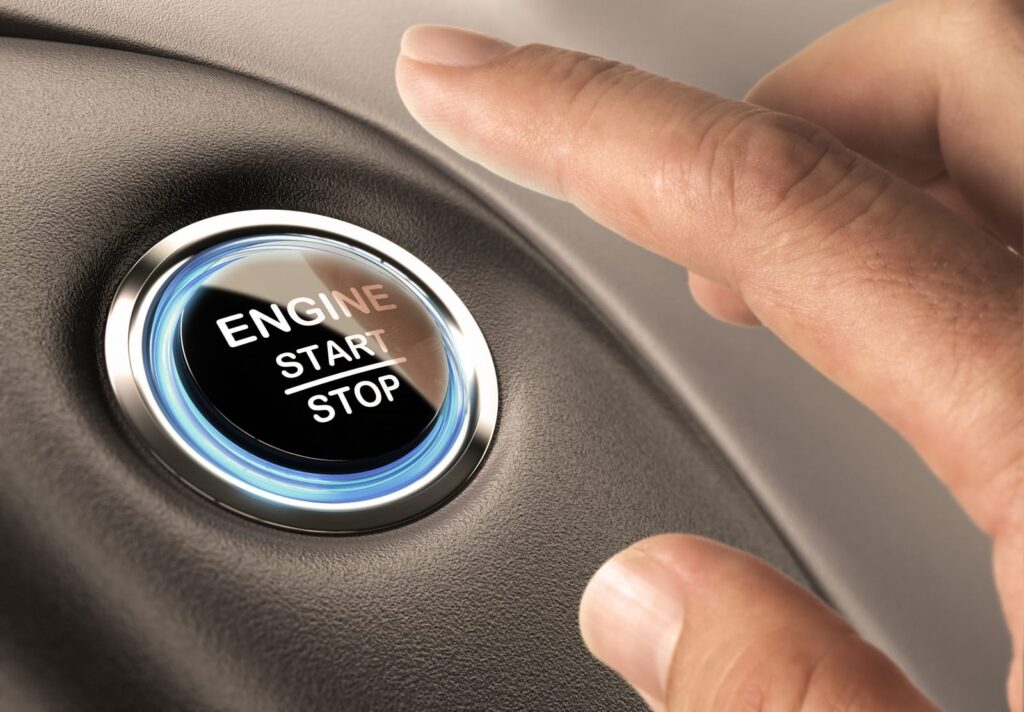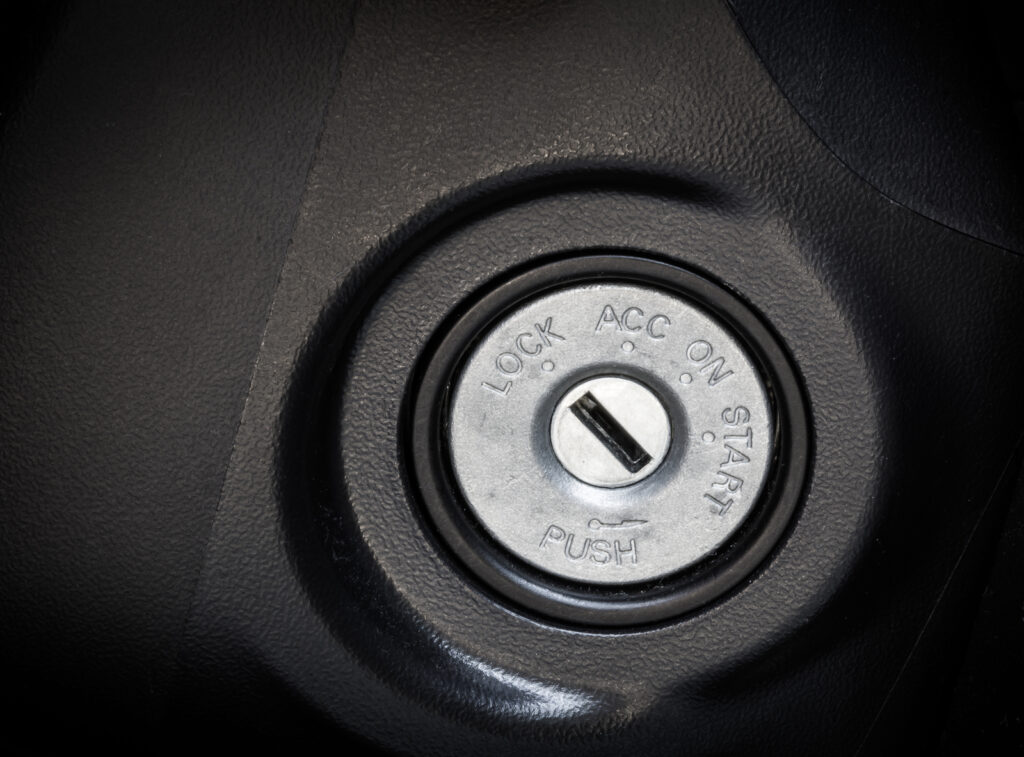We are your one-stop shop for all your auto repair needs. Our experienced technicians are here to provide top-notch service and get you back on the road in no time. Contact us today to schedule an appointment.

The starter in your car is a vital component for getting your engine running. So, when you turn the key or press the start button in your vehicle, power is applied to the starter, which turns, and the engine crank is turned to start the engine. But just like any other mechanical device, a starter can wear out from use. Knowing when a starter is about to fail can help you avoid sudden failure and expensive repairs.
When you turn the key in the ignition or push the start button, the starter takes power from the battery and uses it to spin the small electric motor in the starter. That motor has a gear called the pinion, which is meshed with the engine’s flywheel. Then the starter motor spins, the flywheel turns, which moves the pistons in the vehicle. This turns the engine so that it can suck in the air/fuel mixture. The air/fuel mixture is pulled into the piston cylinders, and the spark plugs fire, igniting the mixture and causing an explosion. This explosion propels the car forward, allowing it to run on its own power. The starter motor then disengages and shuts down.

Slow or labored cranking: The most common and likely most noticeable sign of a problem with the starting system is when you attempt to start the car and hear the engine turn over or crank very slowly, or not at all. If your engine is slow to turn over upon starting or fails to turn the motor over at all, or if it turns over more slowly than usual, it could indicate an issue with the starter not engaging.
Clicking Sound: When you turn your key or press the button and attempt to start your car, and you hear a clicking noise, it’s possible that the starter motor is not working properly. That noise usually means power is not getting to the starter, which could be the result of a weak battery or a bad starter.
Starting and Stalling Problems: A bad starter can cause your vehicle to start in one instance and then stall soon after. If your engine needs to be turned over a few times or more before it starts, it might be time to have your starter checked.
Failure to Start: If you get nothing when you turn the key or press the button, no clicking, no cranking, your starter may be completely dead. In such scenarios, having it checked out by an expert is very crucial.
Burning Smell: If you smell something burning while attempting to start your car, it may mean the electrical elements inside the starter are getting too hot. This is a problem that needs to be addressed by a mechanic.
Dashboard Warning Lights: A number of your vehicle’s lights alert you to specific issues or systems (e.g., starting systems). And if you spot any warning lights that are associated with electrical problems or battery issues, you’ll want to look deeper.
Several factors contribute to starter failure:
Age and Tear: Starters, being a mechanical component, have a limited life and will eventually fail due to wear and tear from daily use.
Electrical Problems: If there is a bad connection or wiring, power may not get to the starter like it should.
Weak Battery Voltage: The starter motor draws excessive current due to low battery voltage.

How to extend the life of your car’s starter:
Knowing these signs can allow you to preempt problems before they grow to become more serious further down the line. Scheduled maintenance is necessary for the continued health of these and other parts of your car.
Unsure if your car starter is bad or if you just need peace of mind about your vehicle? Contact America 1st Automotive for an inspection and trusted service by our expert mechanics. We are here to help keep you safe on the road!
You are leaving the America 1st Automotive website. The following content is not ours.